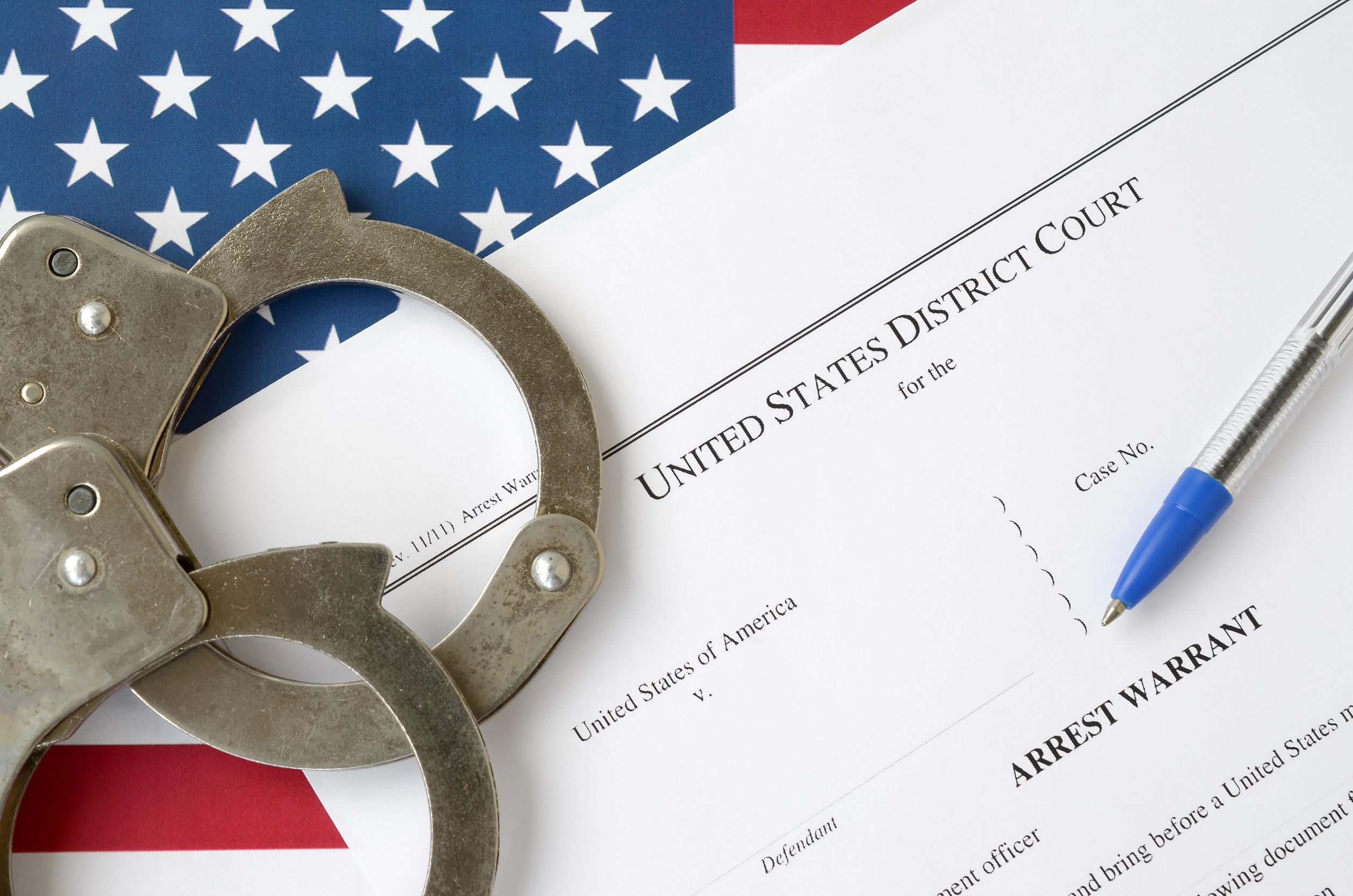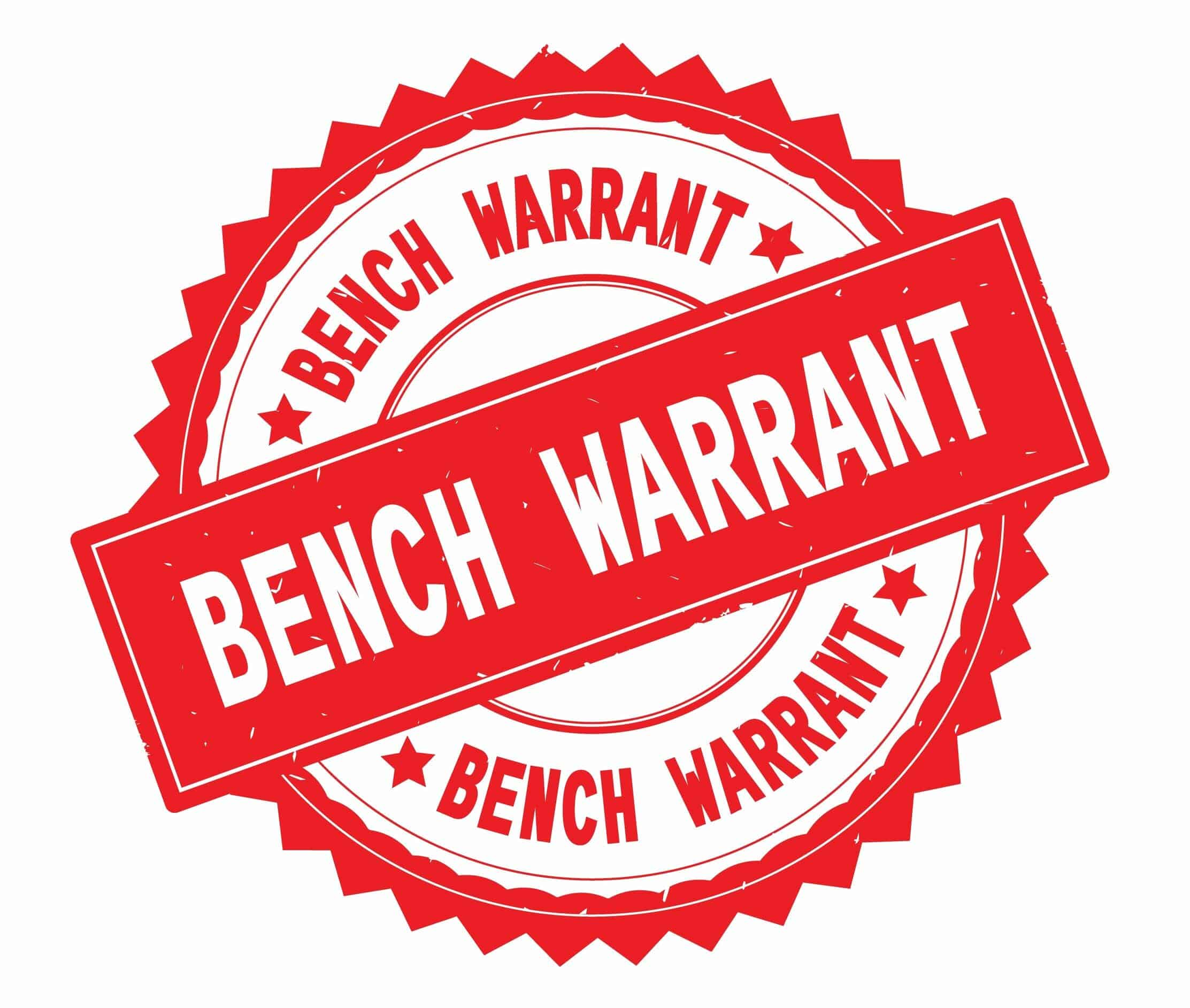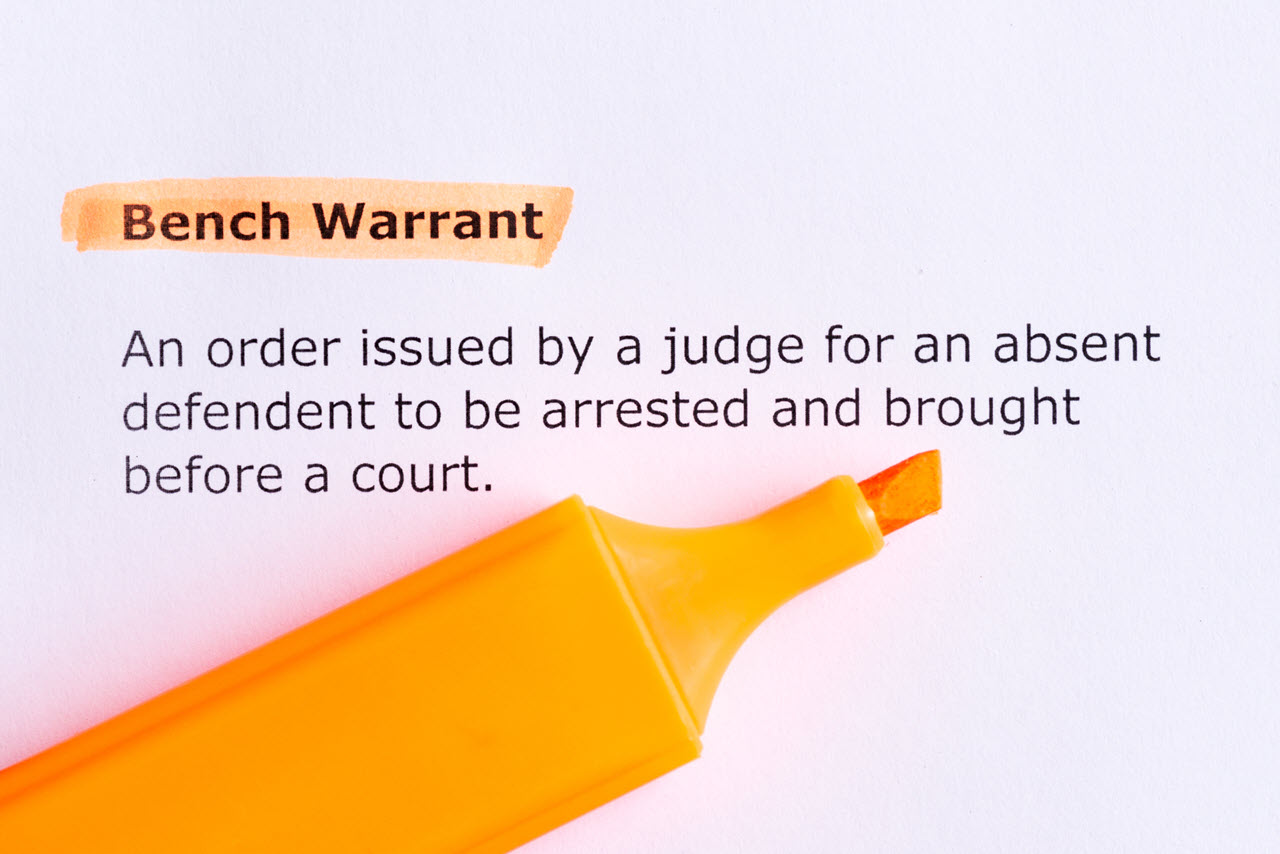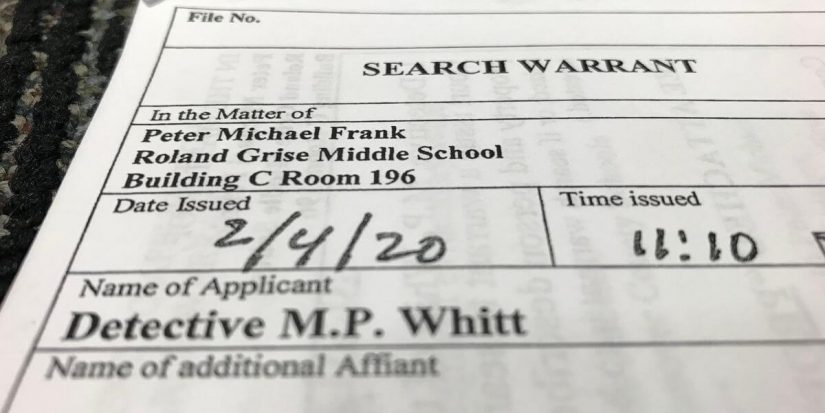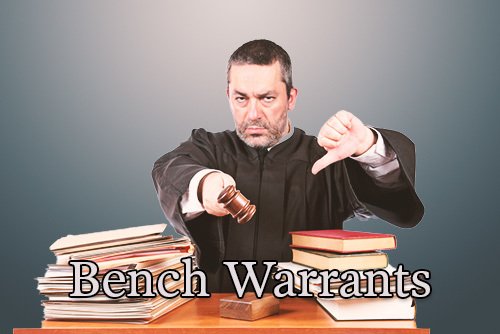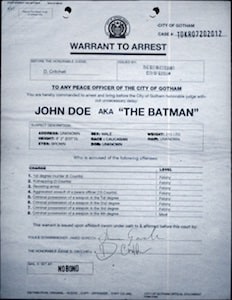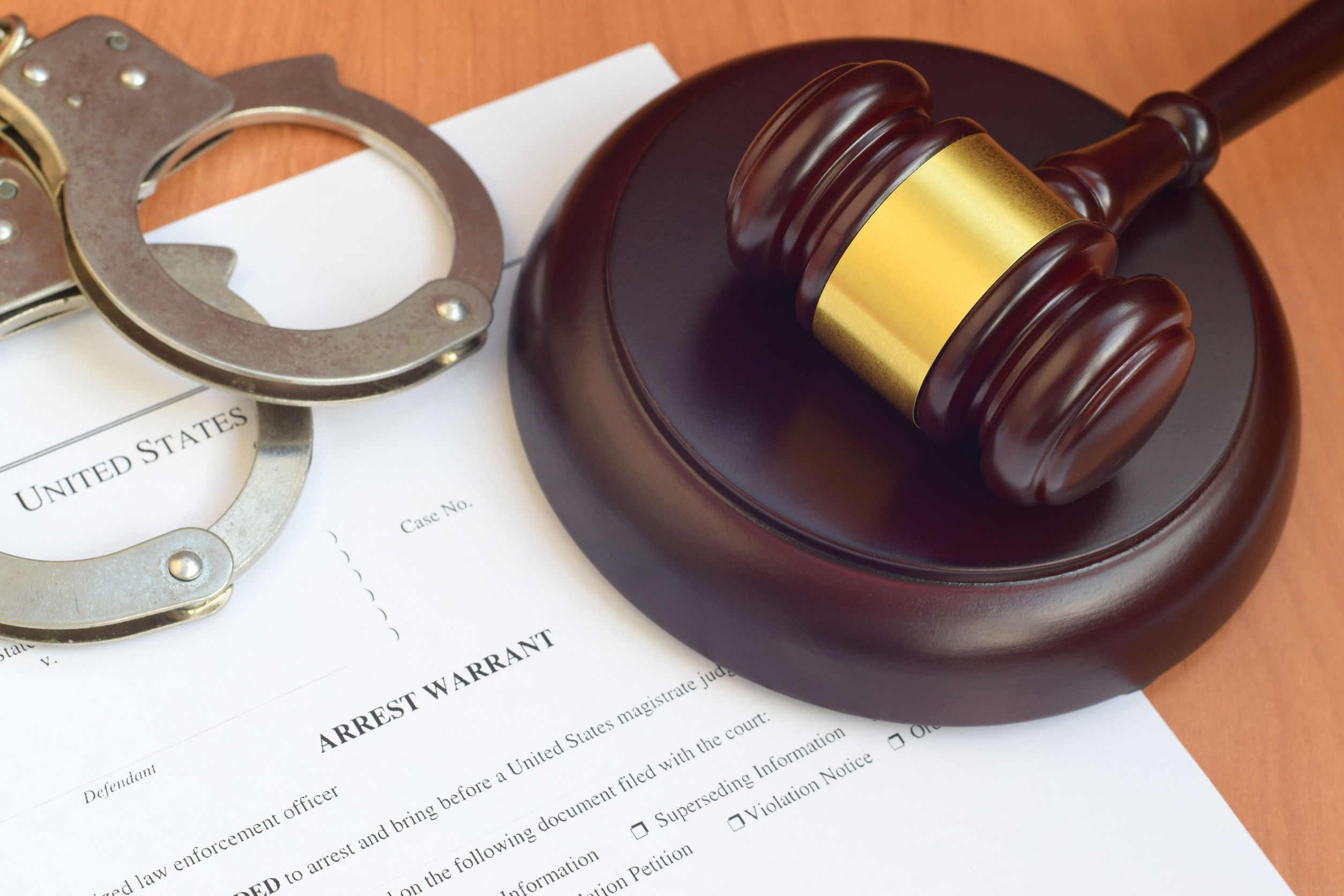Unique Info About How To Deal With A Bench Warrant

As a general rule, arrest warrants do not go away on their own.
How to deal with a bench warrant. If you are aware of a warrant against you, you may be able to resolve it by contacting the court and either resolving the original case (paying a fine, setting a new date to. Avvo has 97% of all lawyers in the us. The most common violations that lead to bench warrants include:
If there is a bench warrant out for you, typically a sheriff will knock on your door to arrest you. A judge issues a bench warrant authorizing the police to arrest someone and bring her to court. To obtain the warrant, evidence is.
Find the best ones near you. Explain to the clerk that you have a bench warrant against you and would like to. In rare cases, it is possible to have a lawyer appear in court on.
Courts issue bench warrants when someone has been assigned a time and date. How to deal with a misdemeanor bench warrant? The bench warrant directs law enforcement to take a person into custody and bring the person before the court to address the reason the warrant was issued.
A bench warrant instructs law enforcement to apprehend a person and bring them before a court to address the reason for the warrant’s issuance. An arrest warrant is a written order that permits law enforcement officials to arrest a person of interest regarding a specific crime that has taken place. You may be under the misapprehension that once a bench warrant is issued, there is nothing you can do about it, except try not to come into contact with law enforcement.
To handle a bench warrant correctly, the best thing to do is physically appear in court to ensure that the bench warrant is lifted. If you don’t show up, then they’re going to issue a bench warrant. If you're picked up on a bench.

